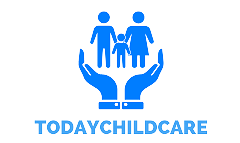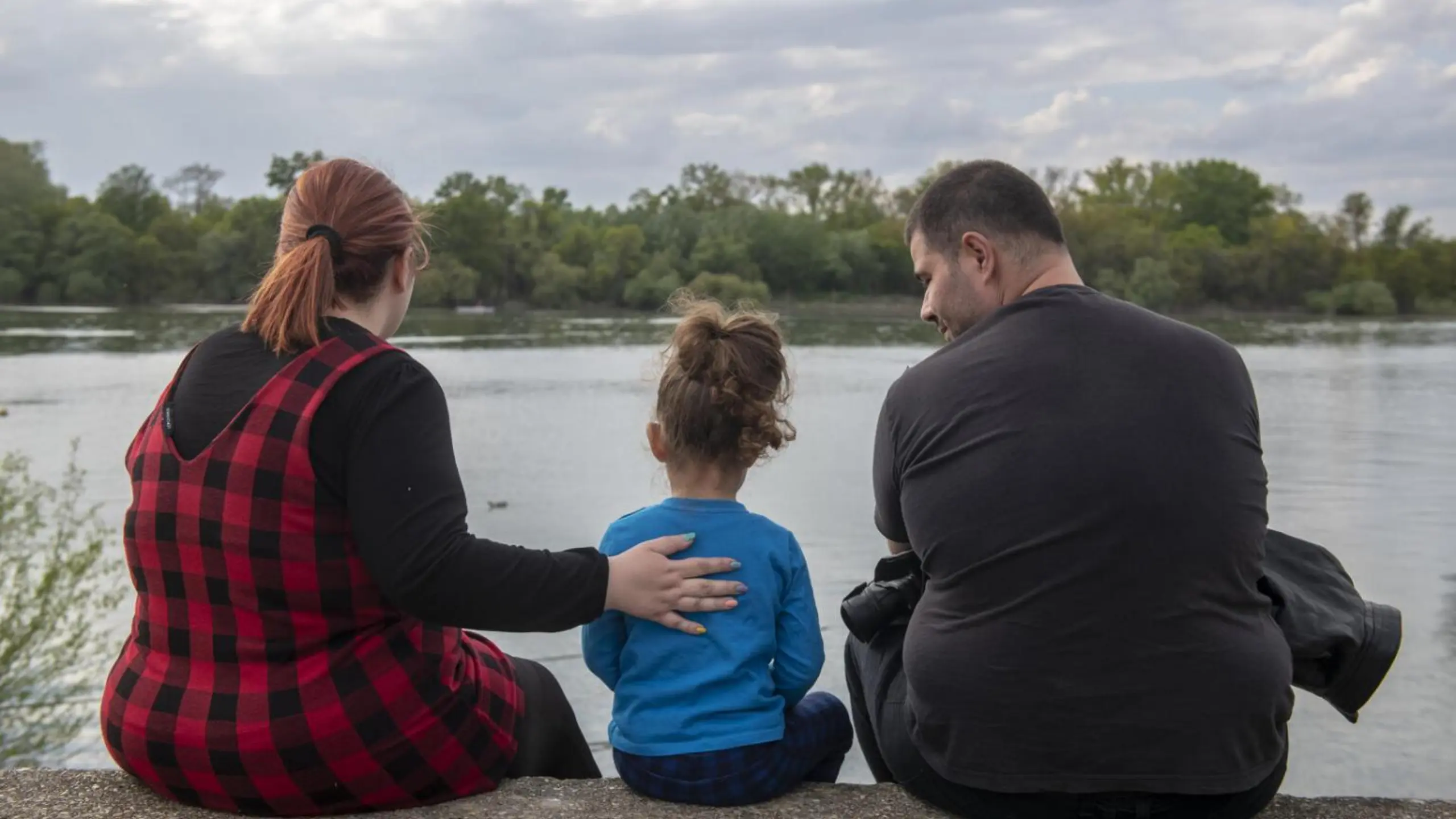Losing a parent is challenging at any age, but it can have a greater impact on your life if it happens at a certain age. Young adulthood or childhood is the worst age to lose a parent. This is because you are still in the process of forming your identity and developing your sense of self. Losing a parent during this crucial period can disrupt your emotional, social, and cognitive development, and increase your risk of mental health problems, such as depression, anxiety, post-traumatic stress disorder, and low self-esteem. In this article, we will explore the most tragic age for losing a parent and delve into the unique struggles faced by individuals in different stages of life.
What Effect Does a Parent’s Death Have on a Child?
According to research, an estimated 3.5% of kids under the age of 18 (around 2.5 million) in the United States have experienced the death of their parents. As a result, the death of a parent in childhood is a traumatic experience that can have lifelong consequences for the child’s well-being.
According to research, children who experience parental loss are at a higher risk for many negative outcomes, including:
- Mental issues
- Shorter schooling and less academic success
- Lower self-esteem and self-confidence
- More sexual risk behaviors and teen pregnancy
- Substance abuse and delinquency
- Difficulty forming and maintaining relationships
- Poor coping skills and resilience
Losing a parent during a child’s formative years has significant psychological repercussions. Children who lose a parent may feel:
- Abandoned, rejected, and insecure
- Guilty, angry, and resentful
- Confused, scared,d and helpless
- Lonely, isolated, and misunderstood
- Sad, hopeless, and depressed
These feelings can interfere with the child’s normal development and affect their personality, behavior, and outlook on life.
How Does The Reaction Of The Surviving Parent Affect A Child?
Children count on their parents to love them deeply and shield them from the unpleasant realities of life. However, the loss of a parent frequently makes life for the child infinitely more terrifying and uncertain, leaving the child to wonder what will happen next.
This understandably places a large burden on the remaining parent, who has to cope with their grief while supporting their child. The surviving parent’s reaction can have a significant influence on how the child grieves and recovers from the loss.
Some of the factors that can affect the child’s adjustment include:
- The quality of the relationship between the surviving parent and the child before and after the death
- The availability and consistency of the surviving parent’s emotional and practical support for the child
- The expression and communication of emotions by the surviving parent
- The coping strategies and resilience of the surviving parent
- The involvement of other family members, friends, and professionals in providing care and guidance for the child.
The surviving parent can help their child cope with the loss by:
- Acknowledging and validating their child’s feelings and needs
- Providing reassurance, comfort, and security for their child
- Encouraging their child to express their emotions in healthy ways
- Maintaining routines, boundaries, and expectations for their child
- Seeking professional help if needed for themselves or their child
How Can Children Cope With The Loss Of A Parent?
It is important to remember that there is no one right way to grieve or cope with the loss of a parent. Every child is different and may react differently depending on their age, personality, relationship with the deceased parent, circumstances of the death, and support system.
However, some general tips that can help children cope include:
- Talking to someone they trust about their feelings and memories of their parent
- Joining a support group or counseling program for bereaved children
- Engaging in activities that make them happy or relaxed, such as hobbies, sports, or music
- Keeping a journal, drawing, or making a scrapbook to honor their parent
- Participating in rituals or ceremonies that celebrate their parent’s life or mark important dates
- Asking for help when they need it from family members, friends, teachers, or professionals
Conclusion
Losing a parent is one of the most painful experiences that anyone can go through. For children and young adults who are still developing their sense of self, identity, and belonging, losing a parent can be especially devastating.
However, with proper support, guidance, and care from the surviving parent and other sources, children can overcome the loss of a parent and grow into healthy and resilient adults.




